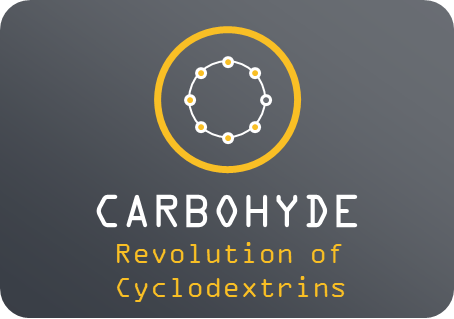GLP-1-based therapies, such as GLP-1 receptor agonists, glucose-dependent insulinotropic polypeptide (GIP) receptor agonists, and dipeptidyl peptidase 4 (DPP-4) inhibitors, improve glucose control through various mechanisms including increased insulin secretion, slower gastric emptying, and reduced postprandial glucagon and food intake. These therapies do not typically cause hypoglycemia on their own but may occur when used in combination with additional glycemic drugs. Apart from GLP-1 therapies reducing glucose levels (HbA1c) they also offer additional benefits which will influence the prescriber in finding the correct drug for a specific patient outcome. Dulaglutide, liraglutide and subcutaneous semaglutide have been approved for reducing the risk of major adverse cardiovascular events in adults with type 2 diabetes mellitus with established cardiovascular disease, dulaglutide is approved for use in type 2 diabetes mellitus with multiple risk factors, and both liraglutide and semaglutide have been approved for chronic weight management.
Drug shortages of long-acting GLP-1 receptor agonists and dual GLP-1/GIP receptor agonist have emerged unexpectedly and persisted through the first quarter of 2023. This occurred due to an unexpected increase in demand without adequate adjustment in production. The shortage has created new access barriers for patients previously using or wishing to initiate these products for glycemic management, weight loss, and/or cardiovascular risk reduction.

